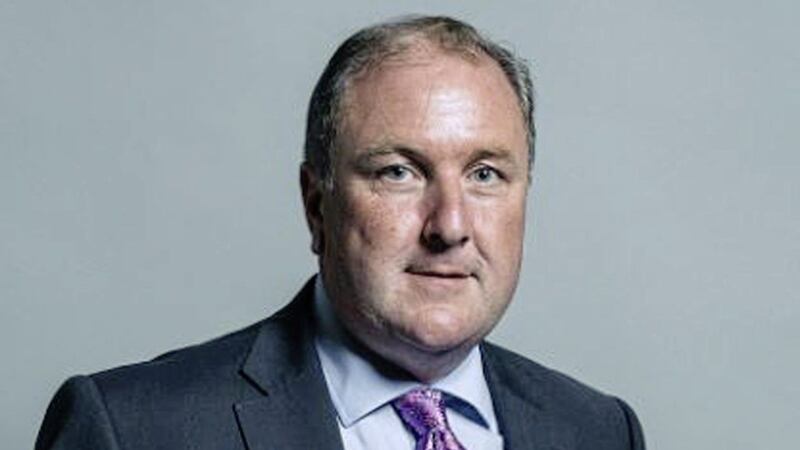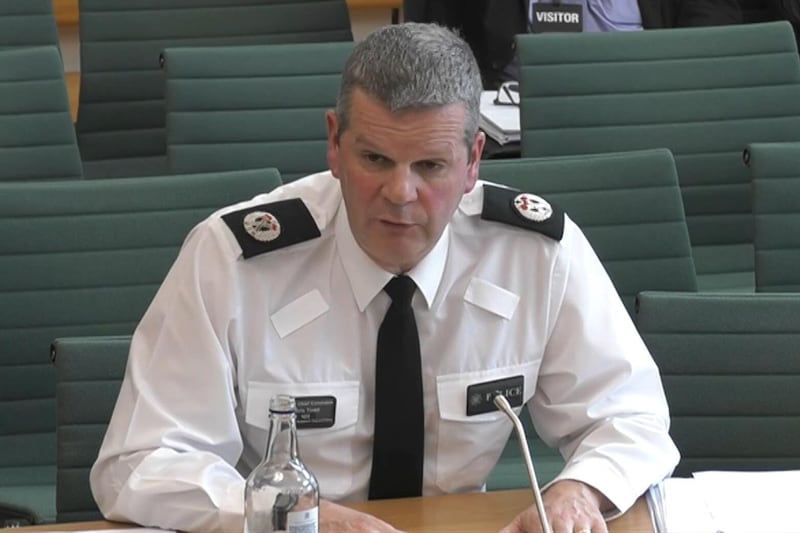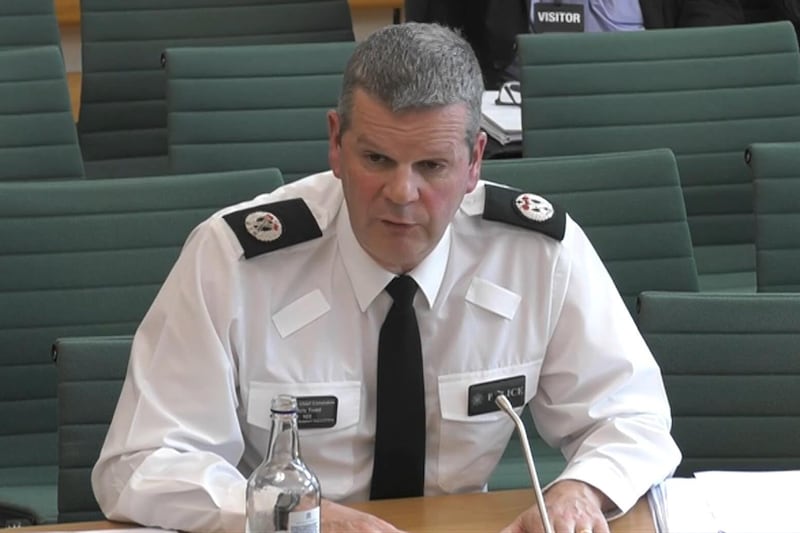A committee of MPs has launched an inquiry to examine British government proposals to address the legacy of the Troubles.
Secretary of State Brandon Lewis last month outlined the government's approach, including an “independent body focused on providing information to families and swift examinations of all unresolved deaths from the Troubles”.
He indicated a shift in focus from criminal investigation, with police inquiries only taking place in cases with a “realistic prospect” of prosecution due to “new compelling” evidence.
Most controversially, Mr Lewis said other cases would be closed with a bar on future re-investigation.
This was seen as a concession to those demanding an end to investigations into state killings involving former soldiers.
Prior to the December general election, prime minister Boris Johnson had pledged to amend the law to protect British soldiers from what he called “vexatious” legal actions.
Critics say the government's proposals fall far short of the 2014 Stormont House Agreement, which contained an Historical Investigations Unit to examine all unsolved Troubles murders.
Westminster's Northern Ireland Affairs Committee said it will now examine the extent to which they meet the needs of victims, survivors and their families.
Chairman Simon Hoare said: "We welcome the government’s commitment to introduce new legislation to tackle legacy issues in Northern Ireland.
"However, these proposals differ from those in the Stormont House Agreement, which is why they require scrutiny.
"A better system, and new institutions, are needed to tackle the legacy of the Troubles in Northern Ireland.
"It is essential that the government gets this right not only for individuals and families affected, who want to know what happened to their loved ones, but to support reconciliation in Northern Ireland for future generations, too.
"The inquiry will provide a forum for people to share their views, and the committee will do all in its power to help ensure that forthcoming legislation is balanced, fair and appropriate to the circumstances in Northern Ireland."








